From my personal observation, 50% of the students in after-school chess clubs are not playing outside the club, neither at home nor at library. Almost everyone of them will drop out of chess when the club activity ends. Among the outside players, 40% (of the club) never play in tournaments, most of them will drop pretty soon too. Why? lack of motivation to play, study and improve. No goal, no achievement.
Only 10% are entering tournaments. Half of this 10% will continue playing in tournaments and of course continue playing chess for at least a few years. Some may have chess as his/her life-long hobby.
If you want to avoid that chess being a one-time activity in club, you should encourage your child to play in tournaments. Tournaments will provide them strong motivation to study chess further and richer enjoyment.
It's an eye-opening experience!
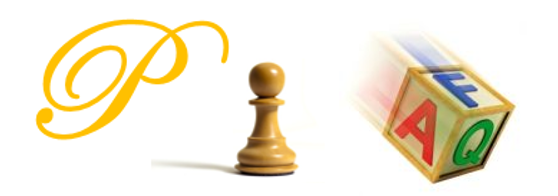
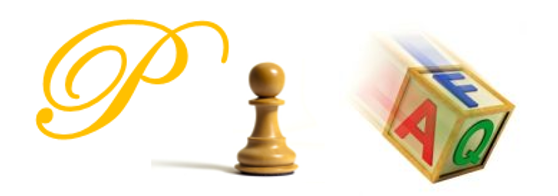
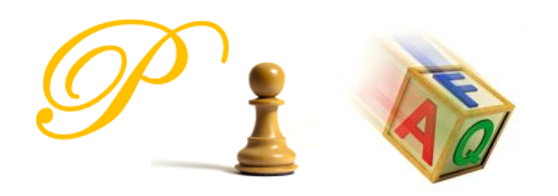
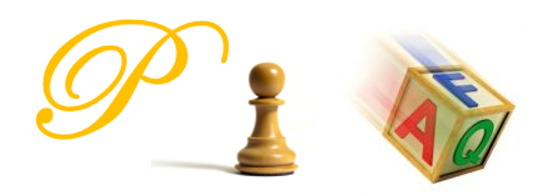
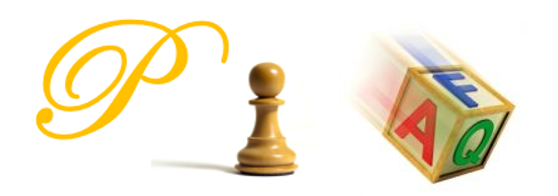
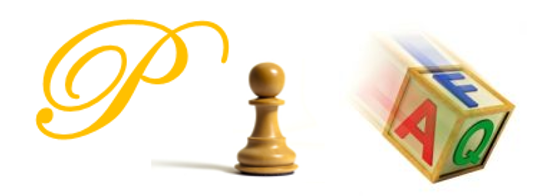
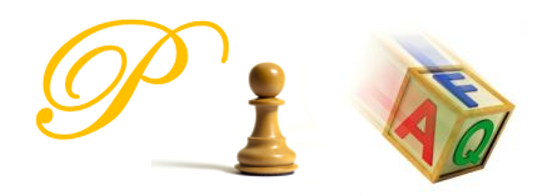
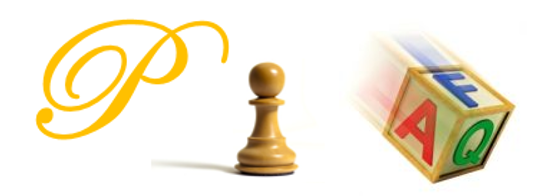
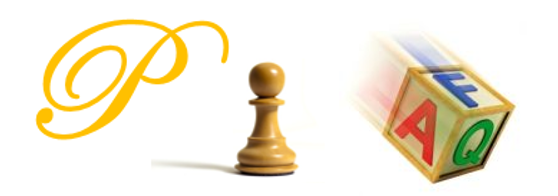
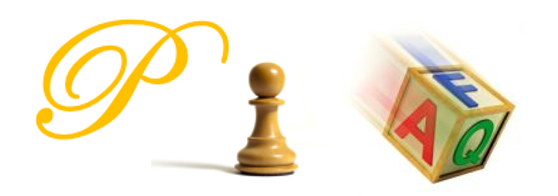
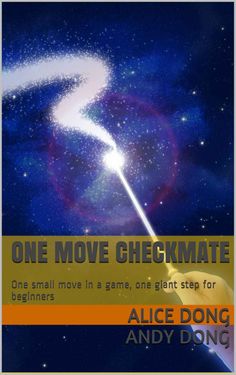
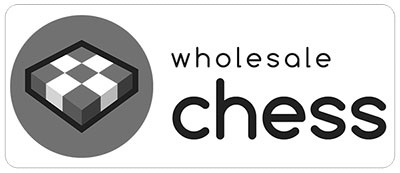
 RSS Feed
RSS Feed